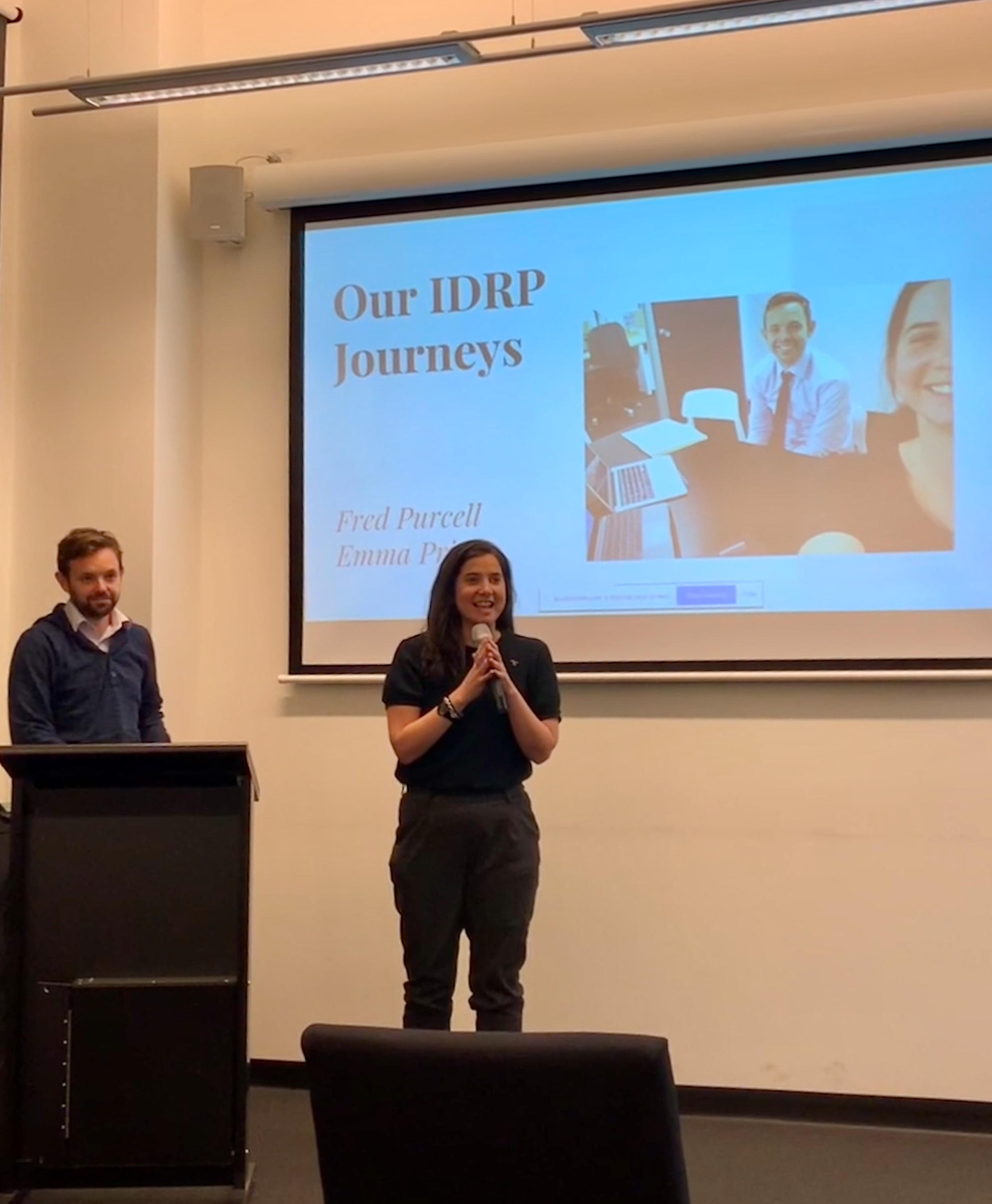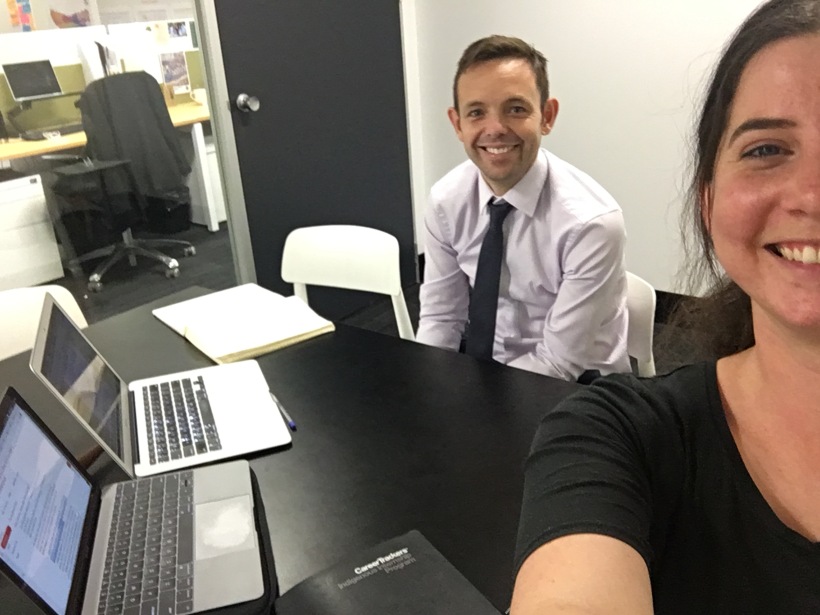A significant learning I have gained from my IDRP journey has been the importance of consulting with and learning from my peers. Through listening to the experiences of others completing their IDRP, I have found many shared experiences and transferable learnings. The consultation sessions have been a vital source of sharing for me, along with the presentations.
The importance of collaboration and consultation is significant because of the complexity of the field of development. Practitioners are facing situations which are extremely diverse, contain significant layers of knowledge which at times can be challenging. Through ensuring connections, not only within the communities they work in, but also within the development field, practitioners are able to support growth and learning in a broader context.
Collaboration is able to be utilised in development in a variety of different ways. Early on when studying International Development, I was introduced to triple loop learning within the learning and participation class. Since this introduction, I have aimed to approach situations with a goal to learn in this way. Collaborative Developmental Action Inquiry (CDAI) is a tool that can assist in developing triple loop learning within groups (Kwon & Nicolaides 2017). I feel that learning from and sharing with my peers during consultations and presentations, have been key parts of CDAI.
This will impact the way that I approach my work, both in my current role at CareerTrackers, and in any future roles I may take, by encouraging me to seek out opportunities to connect with others. I will be conscious to create opportunities for sharing with colleagues as well as gaining knowledge from a wider range of sources such as joining an industry networking group.
Kwon, C. and Nicolaides, A. (2017) ‘Managing Diversity Through Triple-Loop Learning: A Call for Paradigm Shift’, Human Resource Development Review, 16(1), pp. 85–99. doi: 10.1177/1534484317690053.

